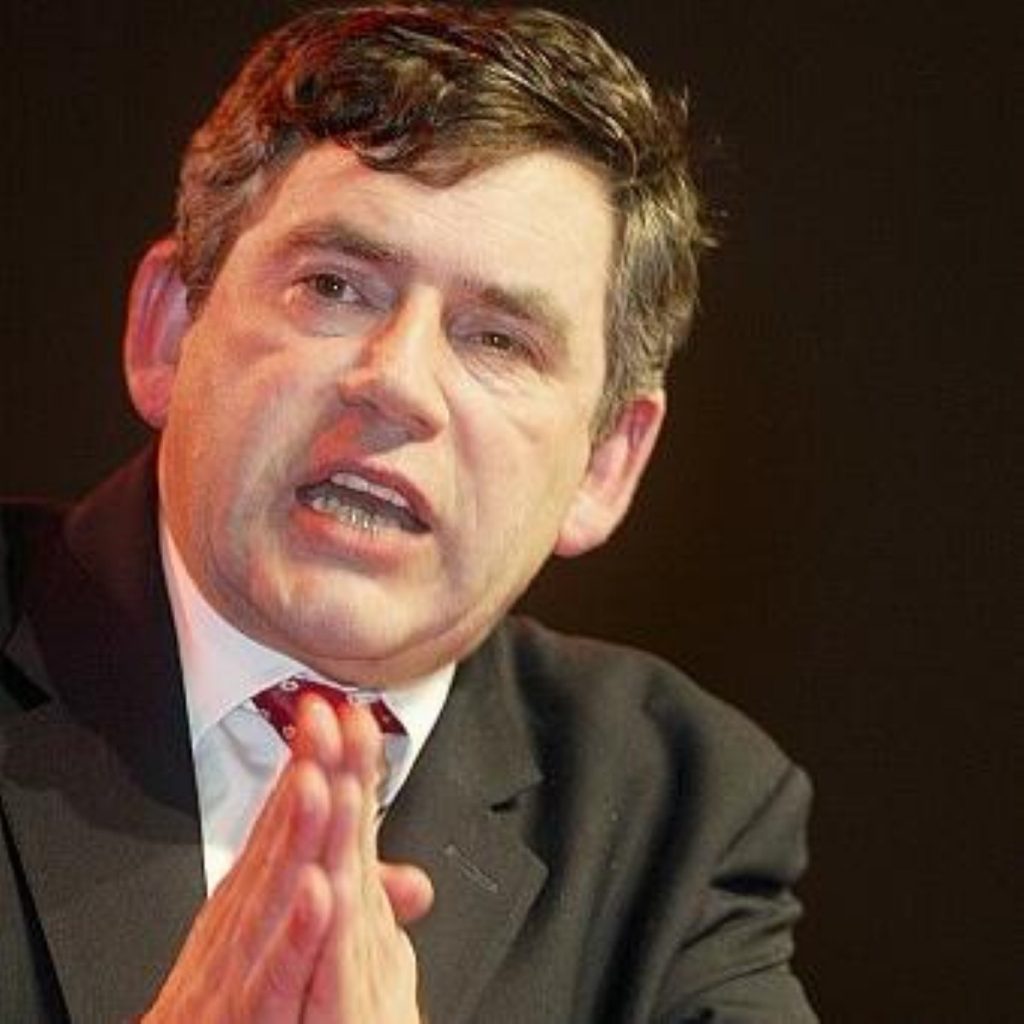Brown in Lisbon to ‘thrash out a deal’
Prime minister Gordon Brown will be in Lisbon today to “thrash out a deal” on the controversial EU reform treaty.
It is hoped the meeting will see EU leaders agree on the final text for the amending treaty, which was originally agreed upon at a summit in Brussels in June 2007.
A spokesperson for the prime minister said yesterday: “Mr Brown has made it clear that he will veto any treaty document that does not contain the UK’s ‘red lines’ – a series of opt-outs and protocols allowing the UK to maintain control of key areas such as policing, security and social policy.”
In July, Mr Brown explained the red lines were an opt-out on the Charter of Rights and an opt-in for the justice and home affairs sections of the amending treaty.


He also said the treaty should maintain the intergovernmental basis for European foreign affairs and security work, that social security provisions have an emergency break (to limit costs) and national security issues should be a matter for member states.
However, calls for a referendum on the treaty were reiterated today by the Conservatives, as shadow foreign secretary William Hague said the prime minister “cannot walk away” from calling a poll on the treaty.
Mr Hague said: “Gordon Brown cannot walk away from his manifesto promise of a referendum. He has absolutely no democratic mandate to agree to this treaty. It is not just his decision – the final say must belong to the British people.
“Every argument Gordon Brown has put forward against a referendum has been shredded. He is making a major miscalculation if he thinks he can treat the British people as fools. They can see through his cynical spin about red lines. As it is, he can’t even convince his own side.”
The debate over the impact of the EU reform treaty continued this morning, with a London barrister specialising in European law arguing on BBC Radio 4’s Today programme the red lines may be at risk if amendments were made in future.
Martin Howe QC warned the treaty had widespread implications for the future power of the EU and EC
Mr Howe said: “[The treaty] actually abolishes the current European Community and the European Union and it creates a new body which succeeds to the power of the old, with extra powers.
“This new body will have complete powers in the area of justice and home affairs, which at the moment are conducted inter-governmentally.
“The first problem is that if the United Kingdom decides to opt-in to a measure that is under discussion, it looks as if it cannot then withdraw its opt-in to that.”
However, the prime minister has maintained the treaty does not involve fundamental change that would require a referendum, and the foreign secretary David Miliband told the European Scrutiny Committee this week that the “the charter does not create new rights, it records existing rights”.

